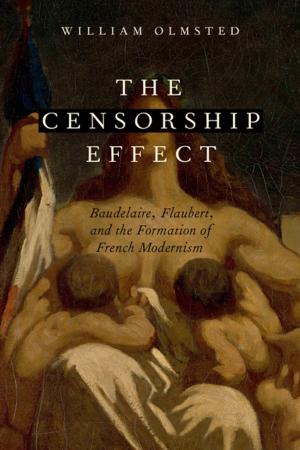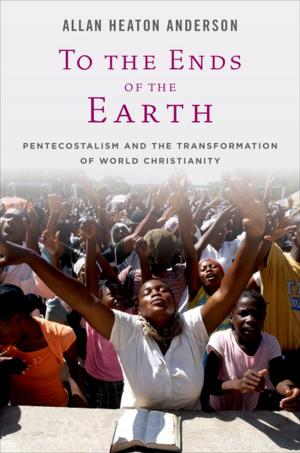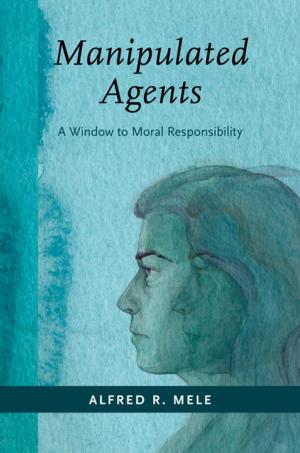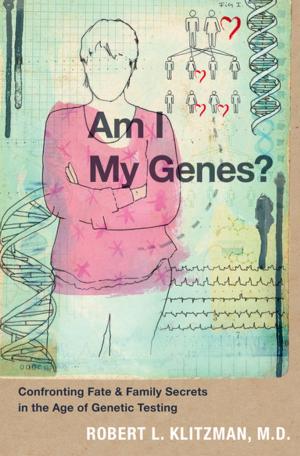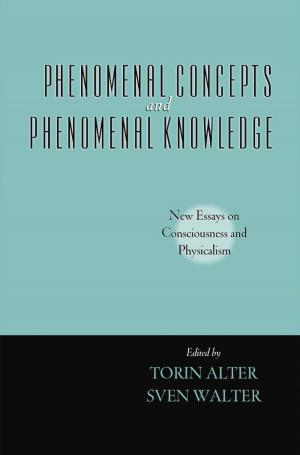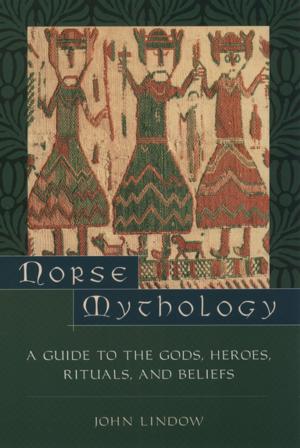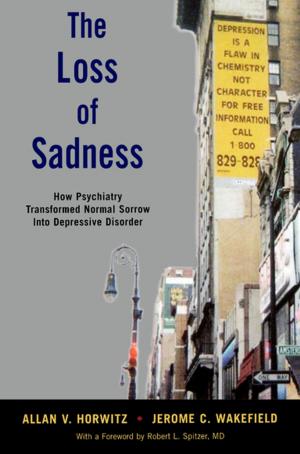Attention Equals Life
The Pursuit of the Everyday in Contemporary Poetry and Culture
Fiction & Literature, Literary Theory & Criticism, Poetry History & Criticism| Author: | Andrew Epstein | ISBN: | 9780190631727 |
| Publisher: | Oxford University Press | Publication: | June 10, 2016 |
| Imprint: | Oxford University Press | Language: | English |
| Author: | Andrew Epstein |
| ISBN: | 9780190631727 |
| Publisher: | Oxford University Press |
| Publication: | June 10, 2016 |
| Imprint: | Oxford University Press |
| Language: | English |
Poetry has long been thought of as a genre devoted to grand subjects, timeless themes, and sublime beauty. Why, then, have contemporary poets turned with such intensity to documenting and capturing the everyday and mundane? Drawing on insights about the nature of everyday life from philosophy, history, and critical theory, Andrew Epstein traces the modern history of this preoccupation and considers why it is so much with us today. Attention Equals Life argues that a potent hunger for everyday life explodes in the post-1945 period as a reaction to the rapid, unsettling transformations of this epoch, which have resulted in a culture of perilous distraction. Epstein demonstrates that poetry is an important, and perhaps unlikely, cultural form that has mounted a response, and even a mode of resistance, to a culture suffering from an acute crisis of attention. In this timely and engaging study, Epstein examines why a compulsion to represent the everyday becomes predominant in the decades after modernism and why it has so often sparked genre-bending formal experimentation. With chapters devoted to illuminating readings of a diverse group of writers--including poets associated with influential movements like the New York School, language poetry, and conceptual writing--the book considers the variety of forms contemporary poetry of everyday life has taken, and analyzes how gender, race, and political forces all profoundly inflect the experience and the representation of the quotidian. By exploring the rise of experimental realism as a poetic mode and the turn to rule-governed "everyday-life projects," Attention Equals Life offers a new way of understanding a vital strain at the heart of twentieth- and twenty-first century literature. It not only charts the evolution of a significant concept in cultural theory and poetry, but also reminds readers that the quest to pay attention to the everyday within today's frenetic world of smartphones and social media is an urgent and unending task.
Poetry has long been thought of as a genre devoted to grand subjects, timeless themes, and sublime beauty. Why, then, have contemporary poets turned with such intensity to documenting and capturing the everyday and mundane? Drawing on insights about the nature of everyday life from philosophy, history, and critical theory, Andrew Epstein traces the modern history of this preoccupation and considers why it is so much with us today. Attention Equals Life argues that a potent hunger for everyday life explodes in the post-1945 period as a reaction to the rapid, unsettling transformations of this epoch, which have resulted in a culture of perilous distraction. Epstein demonstrates that poetry is an important, and perhaps unlikely, cultural form that has mounted a response, and even a mode of resistance, to a culture suffering from an acute crisis of attention. In this timely and engaging study, Epstein examines why a compulsion to represent the everyday becomes predominant in the decades after modernism and why it has so often sparked genre-bending formal experimentation. With chapters devoted to illuminating readings of a diverse group of writers--including poets associated with influential movements like the New York School, language poetry, and conceptual writing--the book considers the variety of forms contemporary poetry of everyday life has taken, and analyzes how gender, race, and political forces all profoundly inflect the experience and the representation of the quotidian. By exploring the rise of experimental realism as a poetic mode and the turn to rule-governed "everyday-life projects," Attention Equals Life offers a new way of understanding a vital strain at the heart of twentieth- and twenty-first century literature. It not only charts the evolution of a significant concept in cultural theory and poetry, but also reminds readers that the quest to pay attention to the everyday within today's frenetic world of smartphones and social media is an urgent and unending task.



